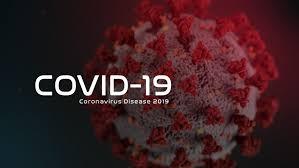
Corona Virus Protection Protocols For Police Officers & First Responders
While many are being ordered to work from home, Police Officers and first responders are being ordered to work overtime during this Coronavirus pandemic. And as the COVID-19 virus spreads, more and more restrictions will be put in place which will surely make many uneasy and, in some cases, unruly.
Now more than ever, Police and Law Enforcement Officers must protect themselves from the dangers encountered while on the job. This is not just important to the officers themselves but also to their children and families at home. Because the last thing any police officer wants to do is bring home a potentially deadly virus and pass it along to their kids.
As most know by now, proper hand-washing is critical. Although there are reports that the novel Coronavirus can survive in the air for a short period of time under certain conditions, the primary means for it to enter your body it via mucous membranes. This is why it is so important to not touch these areas whether you feel your hands are clean or not. And you should be washing your hands thoroughly before eating with your hands.
In dealing with subjects on patrol, keep your distance. This is a good practice for your safety even if the Coronavirus is not a concern. Additionally, avoid bare-handed contact. Many feel that only skin to skin contact should be avoided. However this couldn't be further from the truth.
How long does the Coronavirus last on surfaces? Research has shown that the COVID-19 Coronavirus can survive on surfaces for up to three days. That said, it is critical to always be mindful of the things you are touching and coming in contact with. Even touching a subjects clothing or personal effects, like their cell phone, can lead to potential infection.
Comment below with any questions or email our team 24/7 at sales@221btactical.com - Learn more by visiting www.221btactical.com



Comments
Leave a comment